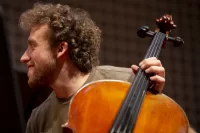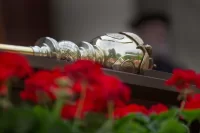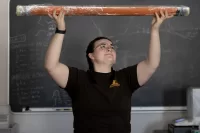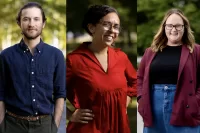
Bates is welcoming a large group of new faculty this year. Seventeen tenured or tenure-track professors will join the college over the course of the 2025-2026 academic year. Bates News is introducing them in groups over this semester. Part 1 ran in our newsletter of September 25 and part 2 went out in our October 3 newsletter.
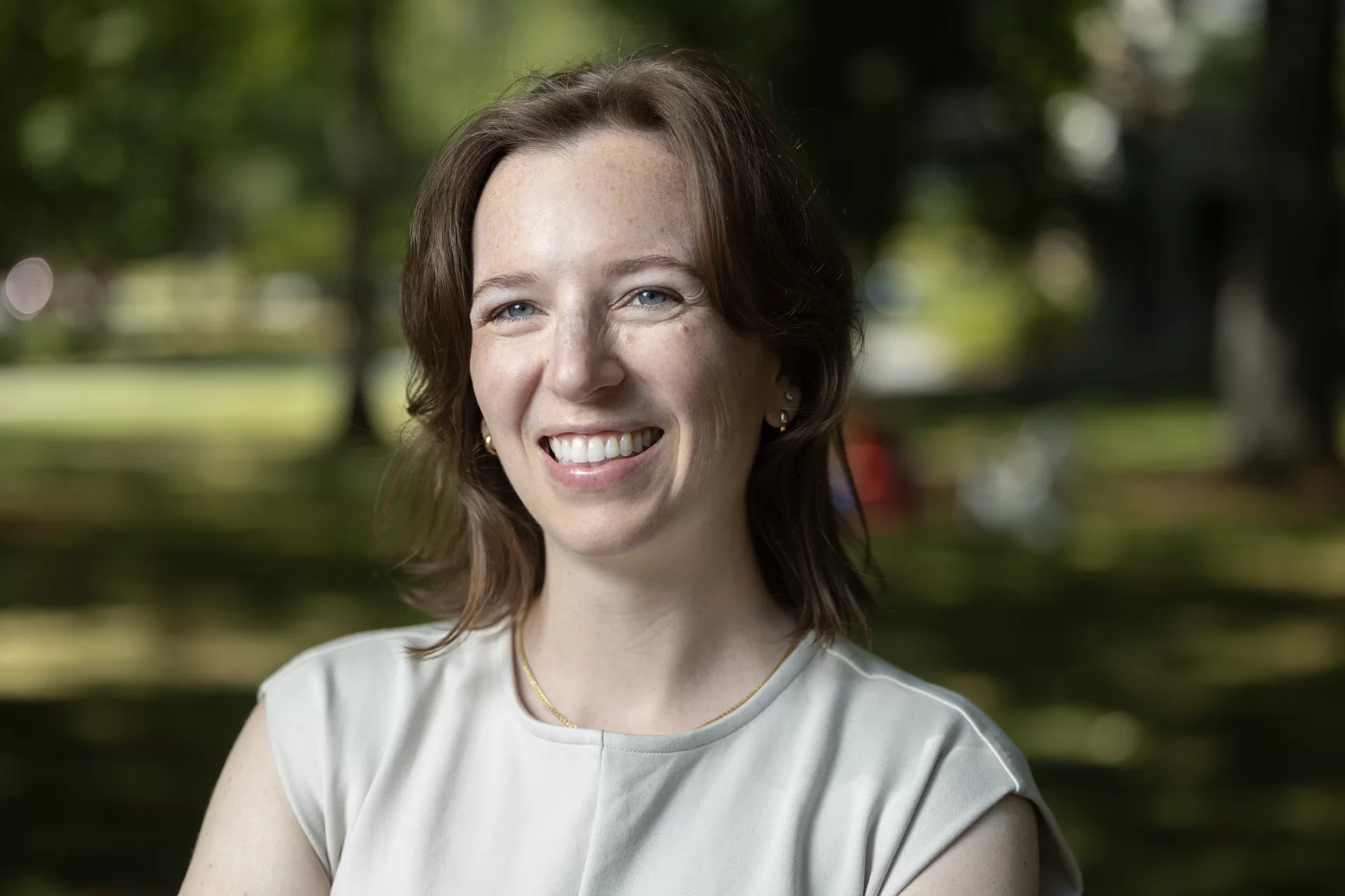
Ellen Finch, assistant professor of psychology
Focus of teaching and scholarship:
I am a clinical psychologist whose research explores the intersection of personality and psychopathology. Most recently, I have been working to elucidate underlying features of pathological narcissism. In the classroom, I enjoy teaching any and all topics related to clinical psychology, from research to theory to applied psychotherapy. My experience as a practicing mental health clinician deeply informs both my scholarship and pedagogy.
What are you most looking forward to in the coming year at Bates?
I am particularly excited to get to know the Bates community. Between the students, staff, and faculty, it is clear there are many very special people on this campus. I’m eager to learn more about the folks who make Bates what it is, and to become a fully engaged part of this community myself. I am also really looking forward to exploring Maine with my family — we’re thrilled to be in a place with so much natural beauty and are ready to break out our snowshoes!
What is your favorite part of teaching?
Without a doubt, my favorite part of teaching is helping students develop self-efficacy both in the classroom and beyond. It’s extremely rewarding to witness this form of academic and personal growth, which can pop up where I least expect it! This is one of the reasons I am so grateful to be at a liberal arts institution — we as faculty have the privilege to really get to know our students and see their development over multiple years.
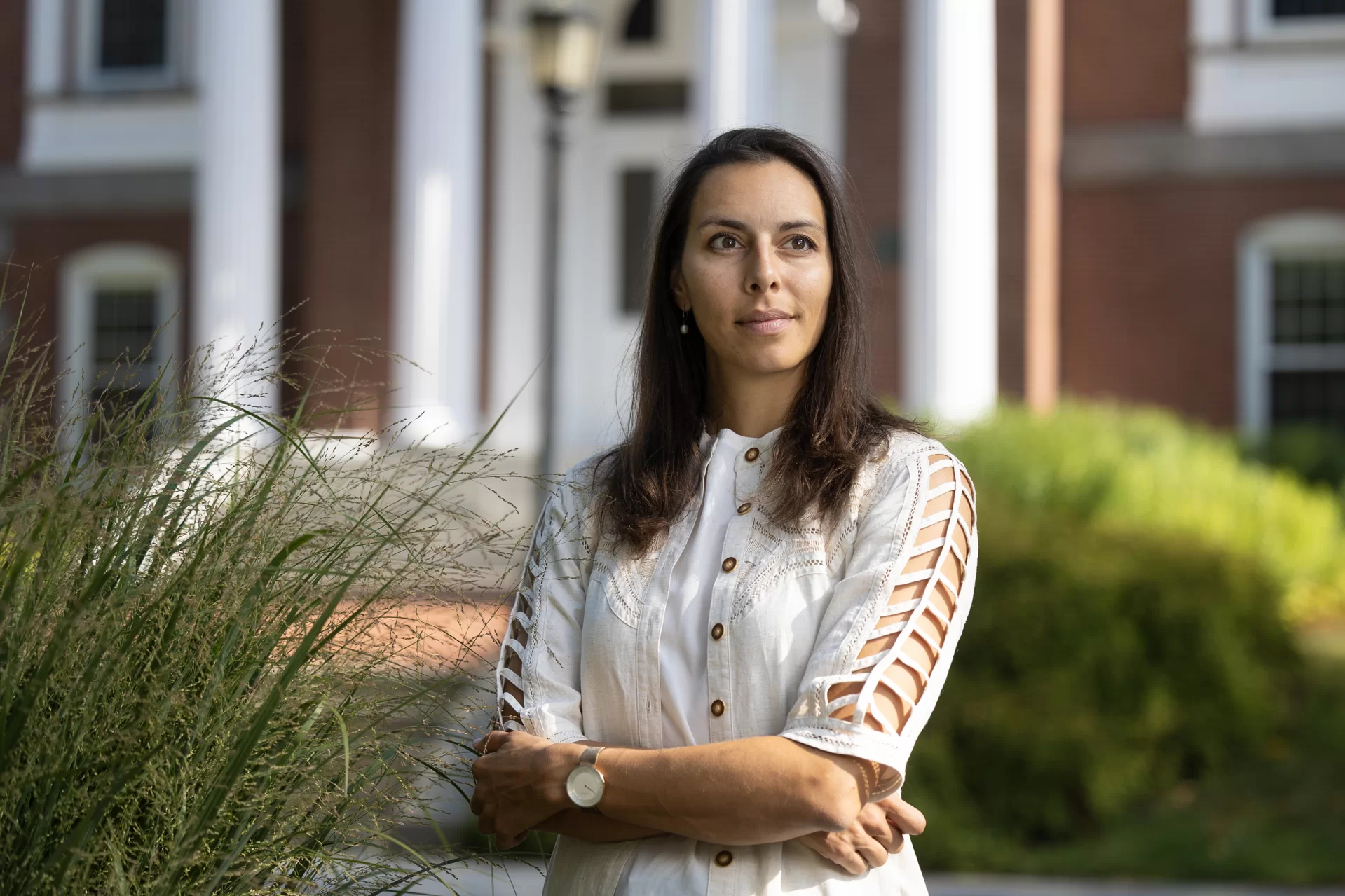
Christine Martinez, assistant professor of environmental studies
Focus of teaching and scholarship:
My family and friends are often confused when I tell them that I teach in an environmental studies program. They remember me as a photojournalist, and later, as a scholar of Spanish literature and film. But I tell them it’s all connected! I’ve always been interested in the stories people tell to make sense of and change the world. Because of Spain’s experience as both center (of colonial empire) and periphery (of modern Europe), it is a fascinating place to study the power dynamics of contemporary environmental discourses. And, because of its relatively late incorporation into post-WWII global capitalism (thanks to a 36-year dictatorship), we see consumer culture’s aggressive arrival alongside the survival of older, subsistence ways of working the land. I currently study how small farmers, migrant workers, community gardeners, and rural feminist movements in Iberia are recuperating subsistence practices and building transnational alliances to advocate for more just food and land-use systems. (It’s a longer story to explain how I, a daughter of the Puerto Rican diaspora, ended up studying Spain…) At Bates, I teach courses on food justice and food sovereignty; Mediterranean and Caribbean environmental thought; visual media studies; and journalistic communication in environmental studies.
What are you most looking forward to in the coming year at Bates?
Prior to my current appointment, I was a visiting professor here at Bates for two years. While I am grateful for this time and everything I learned, I am relieved to be off the job market and excited to finally be “just me,” to plan courses I can teach and improve for years to come, to contribute to the environmental studies curriculum and humanities at Bates, to accompany students throughout their college careers, and to build on community partnerships with organizations that do meaningful, necessary, and inspiring work in this place called Maine. I am also very much looking forward to completing a draft of my first book project this academic year!
What is your favorite part of teaching?
I have never liked being the center of attention or standing at the front of an audience speaking! What I like the most about teaching is decentering the classroom and sharing meaningful learning experiences with students: seeing students get excited about ideas or making connections between material; accompanying students through the highs and lows of research or creative processes — and finally reaching that aha! moment where the effort pays off; serving as a bridge between students and spaces where impactful community work is happening (and encountering them semesters later working in these spaces). I also deeply enjoy running into my students semesters later — whether after study abroad, summer internships, or graduation — and learning about the work they are doing beyond Bates.
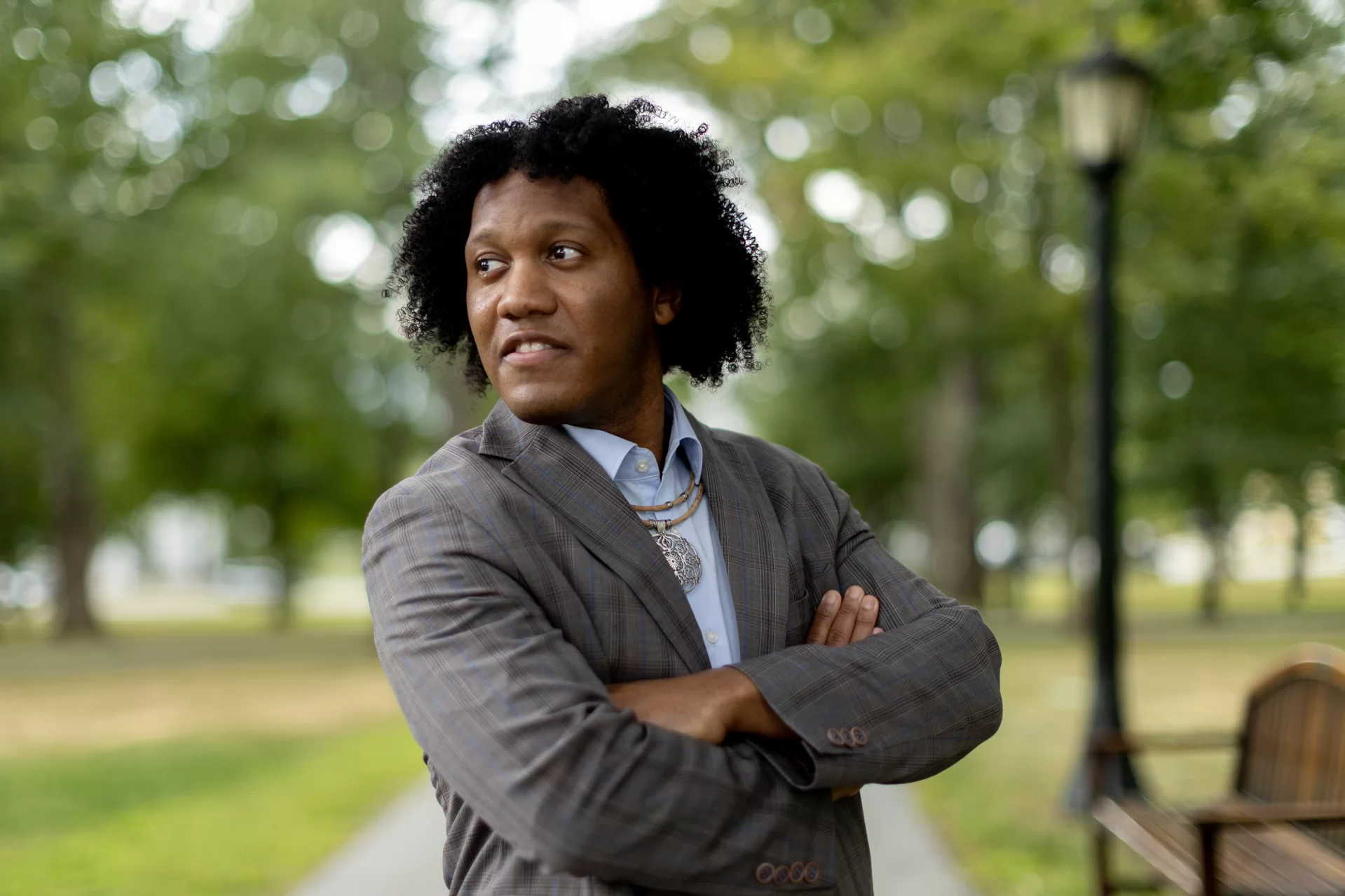
Kamal Kariem, assistant professor of anthropology
Focus of teaching and scholarship:
I am an environmental and political anthropologist, whose research and teaching interests center on global indigeneities and comparative imperial formations as these intersect with nature protection. These interests come together in my book project, Believing Conservation: Hunting, Protecting Nature, and Altering Indigeneity on the Bikin River, in which I demonstrate how the environment becomes a site of contestation over state belonging among the Udege people through conflicting mobilizations of late imperial Russian and Soviet histories. Within this project, the questions I ask revolve around the social formation of indigeneity within Russia. In particular, I leverage archival data on understudied histories from late imperial Russia and the Soviet Union to demonstrate how late imperial officials and Soviet bureaucrats constructed indigeneity and found uses for indigeneity as a social formation. Each historical deep dive was fueled by ethnographic research from 2019–2021 in Russia’s Primorskii krai as I learned how these pasts become socially relevant today (and for the future) within one Udege community as its members conflictingly relate to both the role of hunting as a part of protecting nature and the formation of Bikin National Park.
What are you most looking forward to in the coming year at Bates?
I’m really looking forward to teaching ANTH 101 “Cultural Anthropology” and my seminar ANTH 237 “Indigeneity Today.” For ANTH 101, it’s always exciting to teach students who are new or newer to the discipline and its central concepts. I’ve found many students know more about anthropology and think more ethnographically than they believe, so part of the work is demonstrating this and discovering ways to further develop this knowledge and type of thinking. Somewhat differently, I love teaching “Indigeneity Today” because it emerges from my own research. As I conducted research, I found convergences and divergences between the experiences of Indigenous peoples in the U.S. and Russia, which encouraged me to read more Indigenous scholars and engage with Native and Indigenous studies in more robust ways. I genuinely enjoy sharing this process of “thinking between” with students and teaching how they can do similar thinking within their own work and how they should always engage with Indigenous scholars and community members. Further, for the portfolio project (the class’ main assignment), students always impress me with the quality of their thinking and questioning and the necessary care they use as we read and learn about Indigenous communities and experiences. Together, I get to expose students to a wide range of ideas both connected to discipline broadly (as well as critique of it) and to my own research, which fuels my own research questions and process!
What is your favorite part of teaching?
My favorite part of teaching is thinking with students. Teaching, learning, and research are always collaborative processes. Within my own undergraduate studies, having faculty who understood this left a lasting mark on my teaching practice. I love engaging with the questions that most interest students and answering them together if possible. And if we can’t come up with an answer, we do the work of identifying questions that would need to be answered first. Another aspect of thinking with students that I also deeply enjoy is finding ways of showing students how they can use anthropology and its ideas in their own lives and future work. Bates students seem especially interested in applying what they are learning, which makes such connections incredibly important and satisfying. With this in mind, in my teaching, I make a case for how they can develop their own ethnographic sensibilities and why this can be useful beyond the classroom.
Faculty Featured
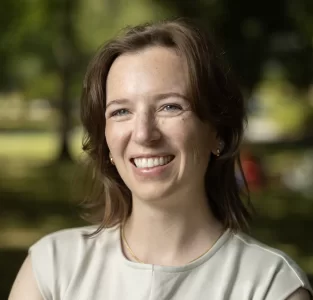
Ellen F. Finch
Assistant Professor of Psychology
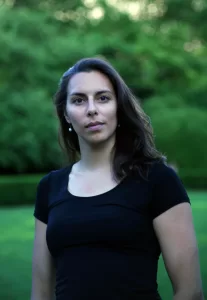
Christine M. Martinez
Assistant Professor of Environmental Studies
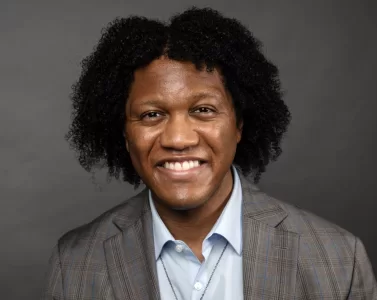
Kamal A. Kariem
Assistant Professor of Anthropology
